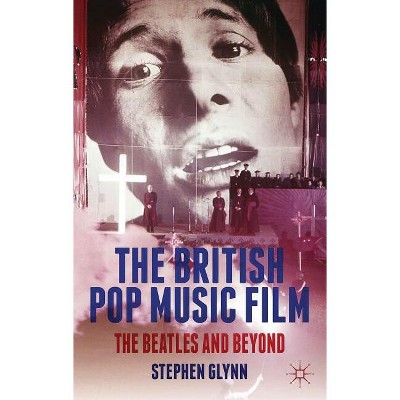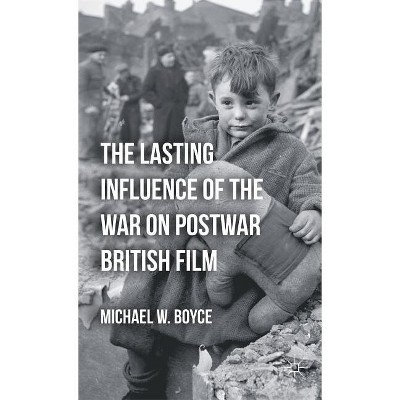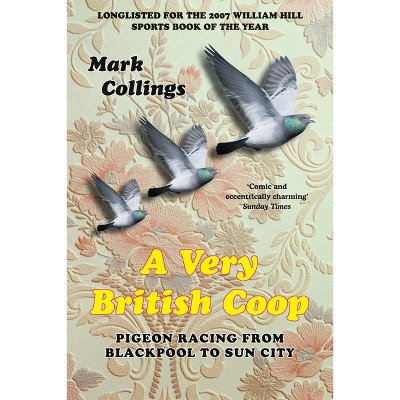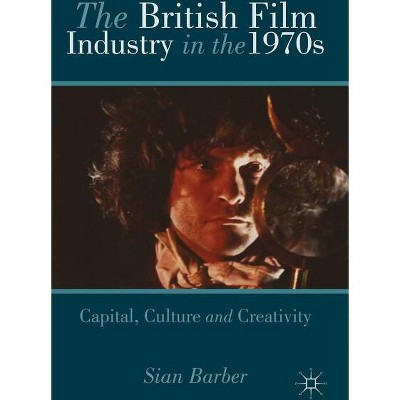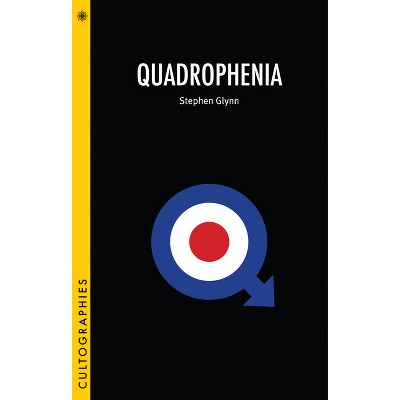About this item
Highlights
- The first detailed examination of the place of pop music film in British cinema, Stephen Glynn explores the interpenetration of music and cinema in an economic, social and aesthetic context through case studies ranging from Cliff Richard to The Rolling Stones, and from The Beatles to Plan B.
- About the Author: Stephen Glynn is Associate Research Fellow at De Montfort University, UK.
- 258 Pages
- Performing Arts, Film
Description
About the Book
"From Cliff Richard to The Rolling Stones, and from The Beatles to Plan B, pop music has been inseparable from its cinematic exploitation. This book constitutes the first delivered examination of the place of the pop music film in British cinematic and musical history. It explores the way music and film have exerted a mutual influence at an economic, social and artistic level. From The Tommy Steel Story, a cheap and cheerful 'cash in' on what was considered a passing fad, through Richard Lester's innovative and globally successful Beatles vehicles and on to the Jungian artistic maze of Mick Jagger's Performance, the 1950s and 1960s saw pop acts and directors create an entire life-cycle for a new film genre. Thereafter, its intermittent revivals, be it Slade in Flame or the Spice Girls in Spice World, have kept sound and vision inseparable in the public consciousness, revisiting and reshaping our pop and film heritage."Book Synopsis
The first detailed examination of the place of pop music film in British cinema, Stephen Glynn explores the interpenetration of music and cinema in an economic, social and aesthetic context through case studies ranging from Cliff Richard to The Rolling Stones, and from The Beatles to Plan B.Review Quotes
'This book should be read with profit by film scholars and students of genre studies, as well as enjoyed by pop music and movie fans. Glynn provides expert commentary on the most significant films in the British rock movie genre, deftly weaving insightful discussions of popular music, counterculture politics, and British social history into his narrative. His enthusiasm and deep interest in the topic is everywhere apparent.' - Barry Faulk, Florida State University, USA
'A must read for anyone remotely interested in Britain's contribution to rock'n'roll on film.' - David Marx Book Reviews
'This book is a first of its kind and, although small in scope, is a very welcome addition to studies of British cinema and, more specifically, the British musical film. It offers thoughtful interpretations of the industrial, cultural and economic contexts that gave rise to the musical film, and is written in a clear and engaging style that would appeal to scholars and general readers interested in British cinema, music films and genre.' - Julie Lobalzo Wright, Journal of British Film and Television
'Most of the analysis made by Stephen Glynn concentrates on each film's main themes, its socio-historical context, the comments made afterwards by directors and actors, excerpts from critiques of the moment and some selected scholarly comments, plus how each film performed financially. Obviously a fan himself, Stephen Glynn often finds the accurate interpretations and revealing quotes.' - Historical Journal of Film, Radio and Television
About the Author
Stephen Glynn is Associate Research Fellow at De Montfort University, UK. He is author of A Hard Day's Night: The British Film Guide (I.B. Tauris, 2004) and a monograph on Quadrophenia (forthcoming).Shipping details
Return details
Trending Poetry







